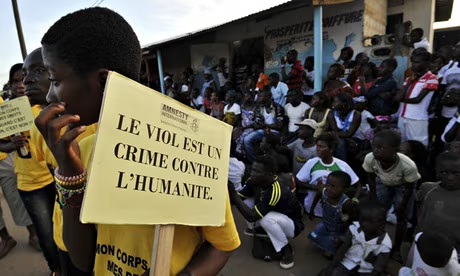45th Ordinary Session of the African Commission on Human and Peoples’ Rights – 13th- 27th May 2009, Banjul, The Gambia
Joint Statement by Zimbabwe Lawyers for Human Rights (ZLHR), the International Centre for the Legal Protection of Human Rights (INTERIGHTS) and IHRDA on Undue Delay in the Consideration of Communications by the African Commission
Zimbabwe Lawyers for Human Rights (ZLHR) on its behalf and that of its partners, the International Centre for the Legal Protection of Human Rights (INTERIGHTS) and the Institute for Human Rights and Development in Africa (IHRDA) are concerned by the undue delay of consideration of communications before the African Commission on Human and Peoples’ Rights (the Commission).
The complaints procedure of the Commission remains its strongest tool in the protection of the rights guaranteed in the African Charter on Human and Peoples’ Rights. The Commission remains the most accessible and active mechanism in the African Human Rights System. As such, it represents the primary recourse available to those subjected to human rights violations. We recognise and applaud the great strides that the Commission has made in developing its communications jurisprudence. Receiving a legal remedy for the violation of protected human rights is at the core of the Human Rights System. Further, we recognise that the Commission will continue to play an important role in the enforcement of human rights in Africa through its communication procedure, regardless of the establishment of the African Court.
It is therefore with concern that we note the prolonged periods the Commission takes to complete its consideration of communications. It is not unusual for the consideration of a communication, from seizure to decision, to take seven years. The Commission takes up to four years to decide on admissibility.
We appreciate the constraints faced by the Commission covering a vast continent of 53 diverse countries. However, the current delays are of serious concern. Victims of human rights violations wait for long for a decision from this Honourable Commission to validate their rights. Receiving a decision in his or her favour is an important aspect of redress for all who have suffered human rights violations. However, where the victim of human rights violations has to wait an extra six years for the Commission’s decision, this aspect of the remedy is negated.





